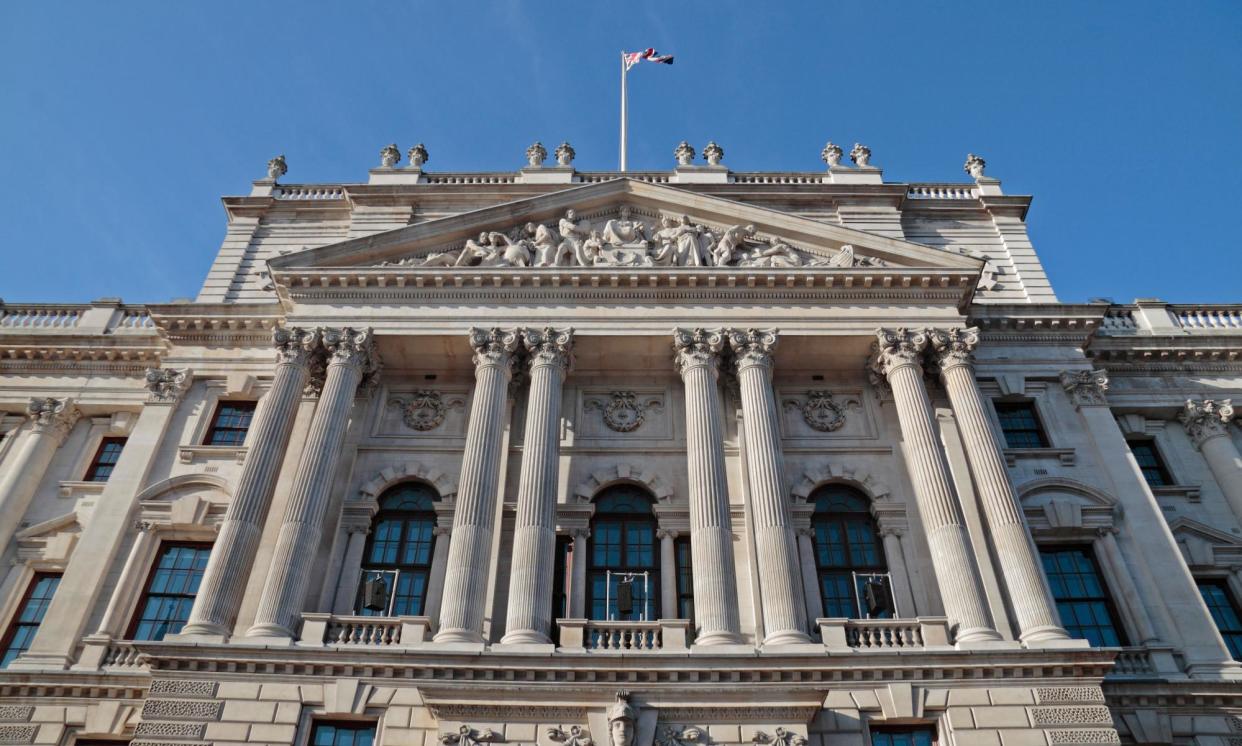Twice as many Britons want tax rises as want cuts, survey finds

Twice as many Britons support tax increases to pay for public services as those who believe they should be reduced even if it means further public service cuts, according to new a report.
A study released by abrdn Financial Fairness Trust, a research body set up by the fund manager, said the public are willing to support policies that they don’t think will benefit their own finances, despite almost two in five (39%) of households now classed as having serious financial difficulties. The number of households with finances in distress has increased by 2.9 million since the last election in 2019, when 28% were in that situation.
About a third of the 5,572 people surveyed said they supported raising their taxes if it benefitted other people with more hours of free childcare, cheaper energy tariffs for lower-income households and an increase in child benefit.
Related: Number of UK income tax payers leaps by 4.4m in three years due to threshold freeze
Mubin Haq, the trust’s chief executive, said: “People realise in terms of what the parties are promising on public services that there is a massive gap on what’s needed and what money is available. That is why the public backs these tax rises, because they would rather have that than even more deterioration of public services.”
Labour and the Conservatives have ruled out tax rises for income tax and VAT, while the Tories also have said they would knock 2p off national insurance contributions, cut stamp duty and give a tax break to pensioners.
In June, the Guardian reported that the Labour party has been drawing up options to raise money to rebuild public services with extra wealth taxes.
The next government will have to implement further cuts of between £10bn and £20bn on unprotected Whitehall departments if it wants to reduce debt and avoid raising taxes, according to the Institute for Fiscal Studies (IFS).
However, the head of the IFS, Paul Johnson, said a Labour government would raise taxes or soften debt rules before it embarked on another round of cuts. Johnson said the pressures on public spending were so powerful that he could not envisage a Labour chancellor making cuts to balance the books.
Prof Sharon Collard, chair in personal finance at the University of Bristol, said: “The findings clearly show that people in the UK have much more nuanced views on these key election issues than the media headlines would sometimes have us believe. They understand there are trade-offs between what is good for their own household finances and what is good for the country overall.”


